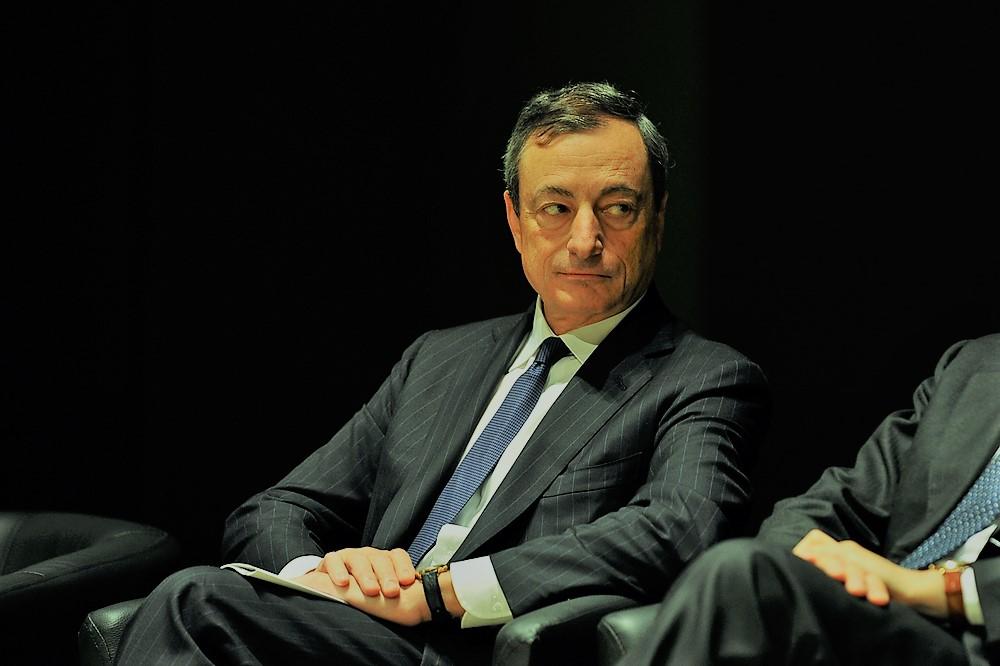Research from the Bundesbank published on Friday suggest that the European Central Bank’s quantitative easing program is ineffective at increase inflation over longer periods.
It did however note that QE was useful for short term financial stability but the lasting impact was largely negative.
“We find that ECB balance sheet policies, in the form of direct asset purchases, bring down financial stress for some periods after the shock,” the research summarised.
“This positive effect is reversed thereafter as stress increases above its pre-shock level.”
“At the same time, asset purchase shocks have an expansionary effect on economic activity, while the effect on prices remains insignificant.”
Germany has been opposed to QE since its inception and has been critical of the ECB.
“We are not reaching our goal of increasing trust in the ECB and its monetary policy” said Hans Michelbach, chairman of the CDU finance committee last year.
Despite its critics in Germany many would argue Mario Draghi program has been effective in increasing economic activity and supporting markets.




